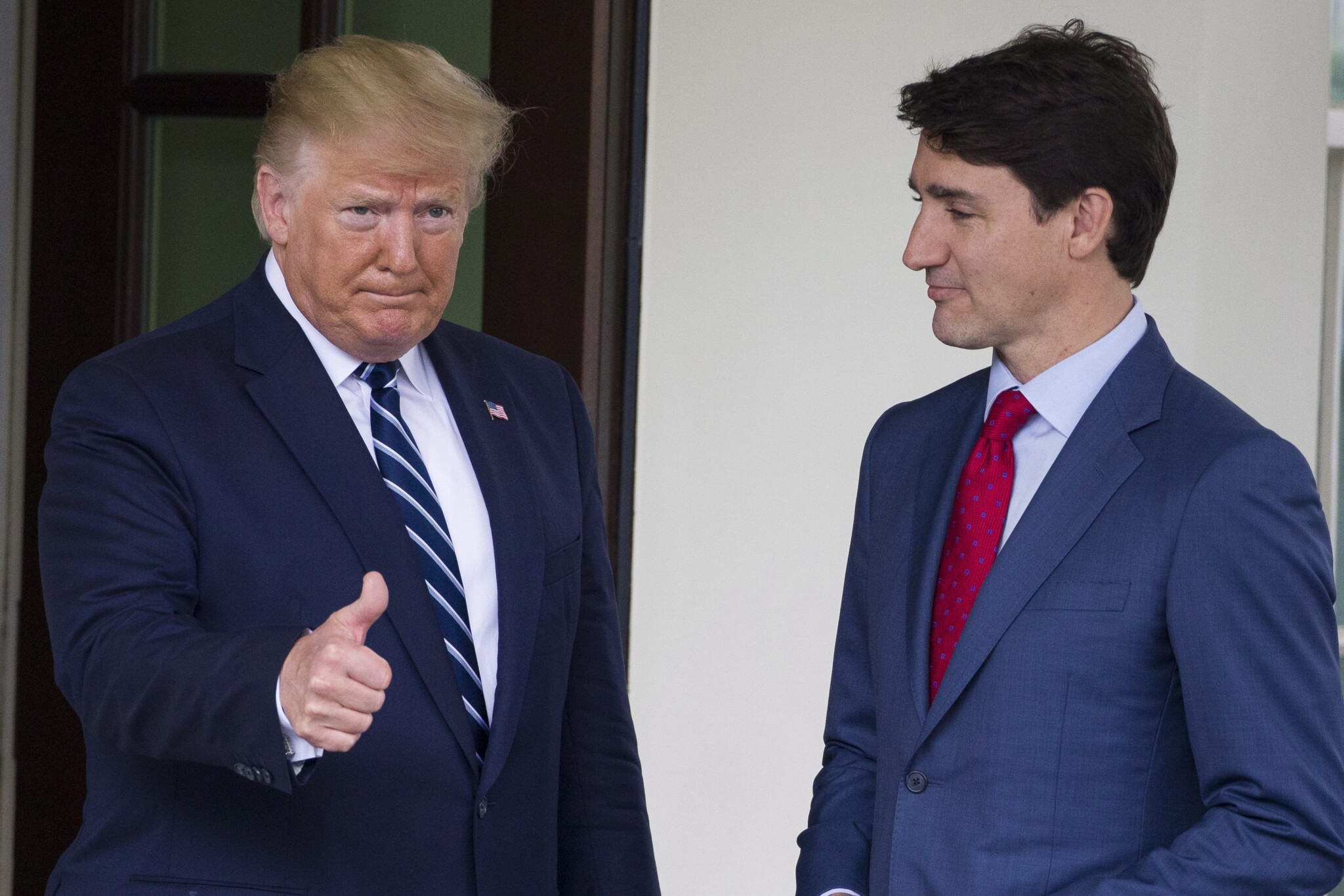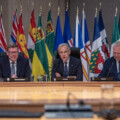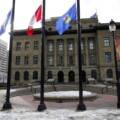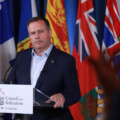In The Weekly Wrap Sean Speer, our editor-at-large, analyses for Hub subscribers the big stories shaping politics, policy, and the economy in the week that was.
Justin Trudeau would rather cosplay as a premier than govern as a prime minister
Donald Trump’s trollish social media post about Canada becoming America’s 51st state has of course generated a lot of commentary. But it was the second part of his comments where he described Prime Minister Justin Trudeau as a “governor” that should have gotten the real attention. Titling the prime minister as a sub-national leader is, based on his governing record, actually rather fitting.
Trudeau has overseen an unprecedented expansion of the federal government into provincial and local jurisdiction. The federal spending power has neither never been more extensively used nor heavy-handed. Think for instance childcare, dental care, health care, social housing, school food programs, and so on. As the authors of a major 2023 study by the Institute for Research on Public Policy showed, the Trudeau government’s conception of federalism essentially demands that the provinces are “accepting [of] the federal government’s policy vision.”
The net result is, as Bill Bewick set out at The Hub this week, that today at least half of federal spending is dedicated to areas of provincial or shared jurisdiction. We have a prime minister who’d seemingly much rather be a premier (or a governor).
Consider the massive run-up of federal spending, deficits, and debt and what we’ve gotten for it. Federal program spending has nearly doubled during his time in office. The accumulated debt has grown by roughly $1 trillion. And the deficit by all accounts is still growing rather than shrinking. Yet in spite of all of this, military spending as a share of GDP has barely budged from the Harper years.
Doubling federal spending and still not meeting our NATO target is a bizarre choice that can only be understood through the lens of the Trudeau government’s sub-national preoccupation. It has consistently diverted scarce resources away from its core responsibilities to ones outside of its constitutional jurisdiction. Put simply: its progressivism has just proven much more animated by provincial social policy than it is by federal defence and security policy.
This tendency has up until now come with no political costs—and has probably had political upsides. But we shouldn’t underestimate its downsides for Canadian governance.
Not only has it undermined provincial autonomy and basic constitutionalism, but it has also caused the Trudeau government to underinvest in core areas like defence and national security. Trump’s linking trade access to Canada’s woeful capacities in these areas is the regrettable yet predictable consequence.
His re-election and the risks that it represents to Canada’s economic and security interests are a reminder of the precarious moment in which we find ourselves. It’s one that calls for a prime minister and a federal government that’s interested in the exercise of national power as set out in the Constitution. We can no longer afford to have a prime minister who’d rather cosplay as a premier.
One of Trump’s political strengths is his uncanny ability to cut to the nub of an issue. It’s typically oversimplified and a bit crude (and oft-times even inadvertent) but it can still capture the essence of people or otherwise complicated topics. His description of Trudeau as a mere governor works for the same reason that it stings: it contains an essential truth about him and his government.










